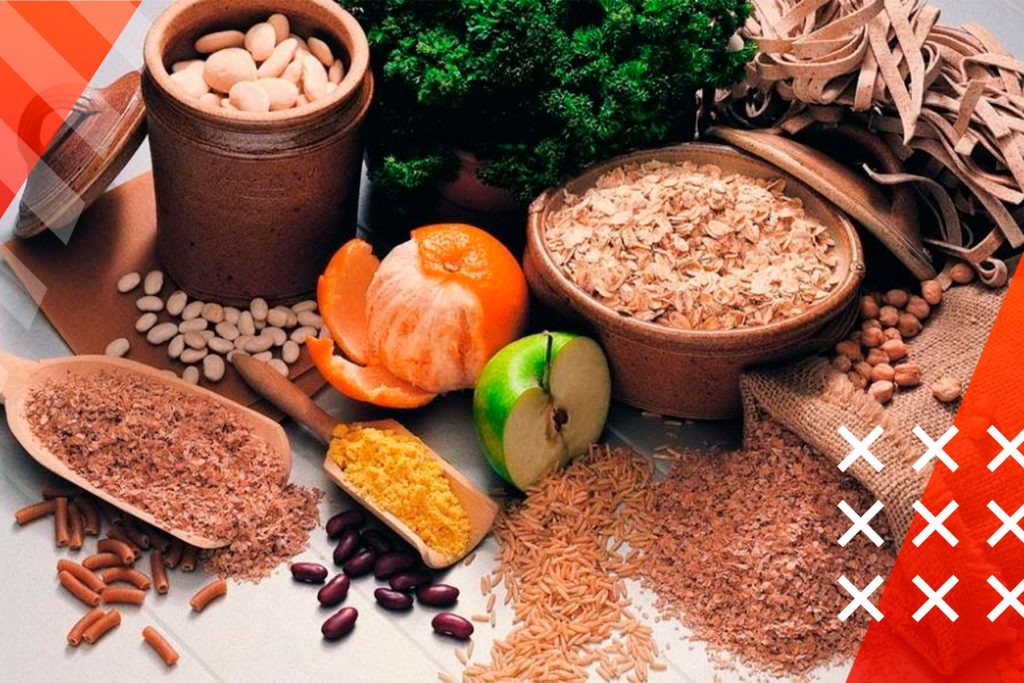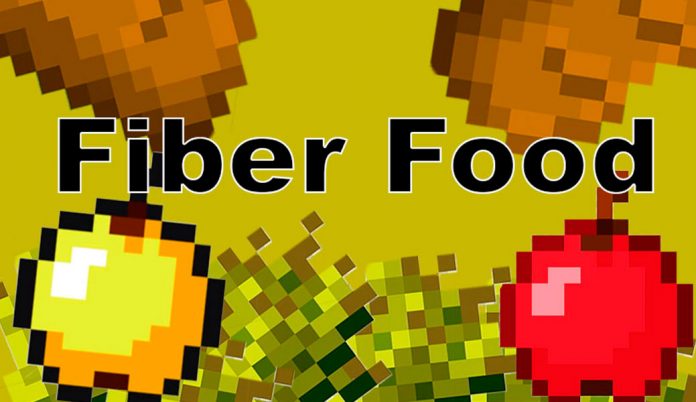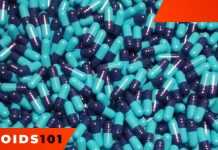In order to not experience digestive problems, it is necessary to consume enough fiber every day. It can be achieved by including fiber-rich food into the diet.
What is Fiber?
It is a special type of carbohydrate which is not digested in the human body. On entering the stomach, they are transformed into sugar molecules, and without getting decomposed, are excreted from the body.
Fiber normalizes blood sugar, which has a direct effect on sensations of satiety and hunger. Thanks to these special carbohydrates, food moves through the gastrointestinal tract. Deficiency of dietary fiber in the body provokes constipations and metabolic disturbance.
Daily Fiber Requirement
Adults and children, according to nutritionists, require about 20-30g of dietary fiber daily. The diet of an average person, as a rule, does not include products that are able to cover this norm. Usually people at any age consume a maximum of 15 grams of fiber per day.
Exercise increases the need for dietary fiber. For athletes involved in strength training, the daily dosage rises to 38-40 g. It is due to an increase in the volumes of food consumed and general caloric intake.
Fiber – Synthetic or organic?
Fiber can be taken in the form of tablets and sports supplements. The synthesized analogues are inferior to plant sources. In a 150-200g jar, only 5-10%, accounts for fiber
In 100g of additives based on flax and milk thistle seeds, grain shells and millcake, there are only 5 to 15g of dietary fiber. As part of the product, they are included as carbohydrates, and, therefore, a teaspoon contains only 1-2g of fiber.
Why is modern human deficient in fiber?
The reason is in the diet, which consists of sweets, snacks, products from refined flour, white rice for garnish, packaged juices and other products that are practically devoid of vitamins and fiber. It is impossible to fill this deficiency with complex vitamins and synthesized fiber.
If there are no vegetables on the menu, and fruits are consumed in candied or other forms with fast carbohydrates, it negatively affects health, increases the risk of developing diabetes, diseases of the cardiovascular system and obesity. The use of natural foods allows to avoid all of this, as well as to form a generally healthy and balanced diet.
What foods contain the most fiber?
Beans, peas and chickpeas, whole grain wheat flour, bran and avocados contain about 10-15% of dietary fiber from its own dry weight. A small portion of any of these products allows you to get about 5-10g of the substance.
Fiber is ingested from lettuce, white cabbage and cauliflower, unpeeled potatoes, sweet potato, corn, broccoli, pumpkin, carrots, green beans, asparagus, durum wheat pasta, pears, bananas, apples, strawberries, blueberries, oranges, raisins , mangoes, nuts.

Proper fiber intake
An excess of fiber also has its negative consequences. Eating large amounts of dietary fiber can cause abdominal swelling. This special carbohydrate reduces the absorption of nutrients that are necessary for athletes who follow a diet to gain muscle mass.
The daily dosage is best used in three stages:
- 5g at breakfast – porridge or granola
- 10-15g at lunch – beans or brown rice, fruits
- 10 to 15g at dinner – avocado, green veggies
The menu may vary. The main thing is to comply with the recommended dosage.
Fiber containment tables
Tabular data are based on “ideal indicators” and can’t be perceived as a source of 100% true information. The amount of dietary fiber depends on the method of growing and further cooking. Boiling softens fiber, which makes it easier for the body to digest and absorb it.
Not all tables are reliable. In many, grapefruit is at the top of the list of fiber sources. 100 grams of the fruit contains a maximum of 1.5 g. It is better to focus on which foods have more fiber than just the numbers.
| Products, 100g of dry weight | Fiber |
| Bran | 40-45g |
| Flax seeds | 25-30g |
| Dried mushrooms | 20-25g |
| Dried fruits | 12-15g |
| Beans, lentils, chickpeas | 9-13g |
| Whole grain bread | 8-9g |
| Berries (blueberry, cranberry etc.) | 5-8g |
| Avocado | 7g |
| Sweet fruits (oranges, peaches etc.) | 2-4g |
Conclusion
Fiber is essential for maintaining normal digestive function. Naturally occurring fiber can’t be fully replaced by synthesized analogs, so it’s better to consume foods containing it rather than supplements.



